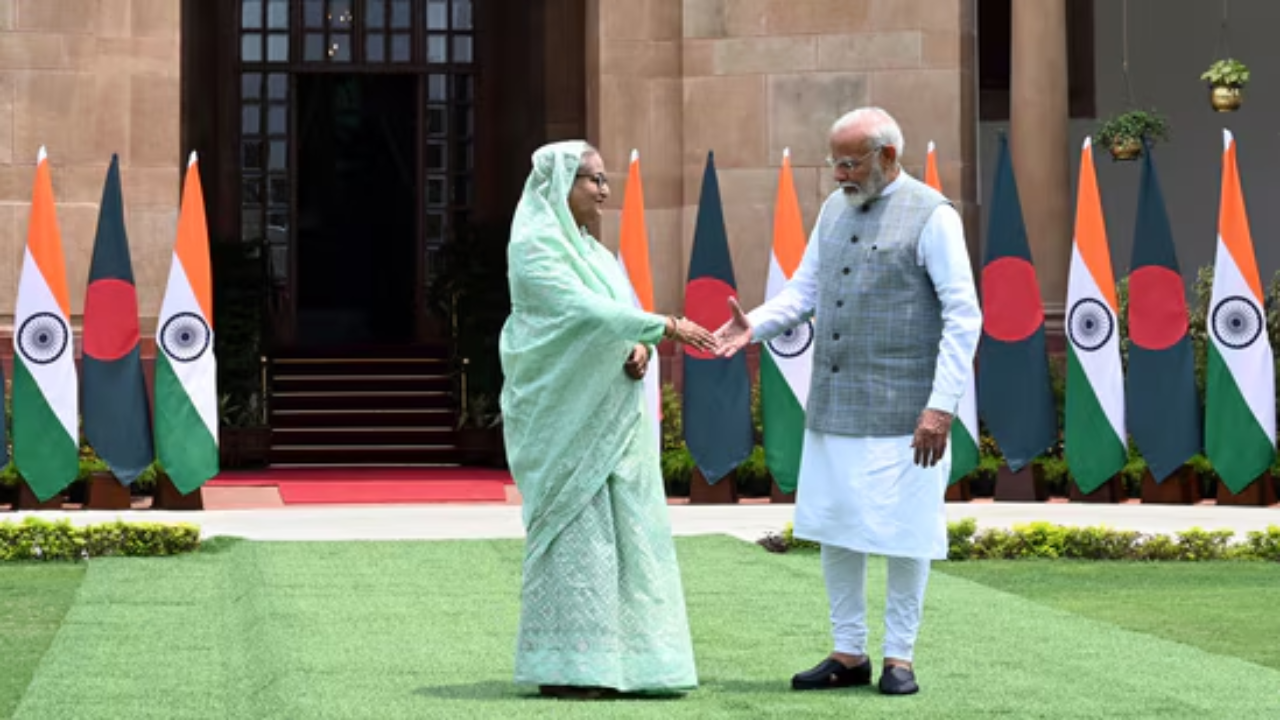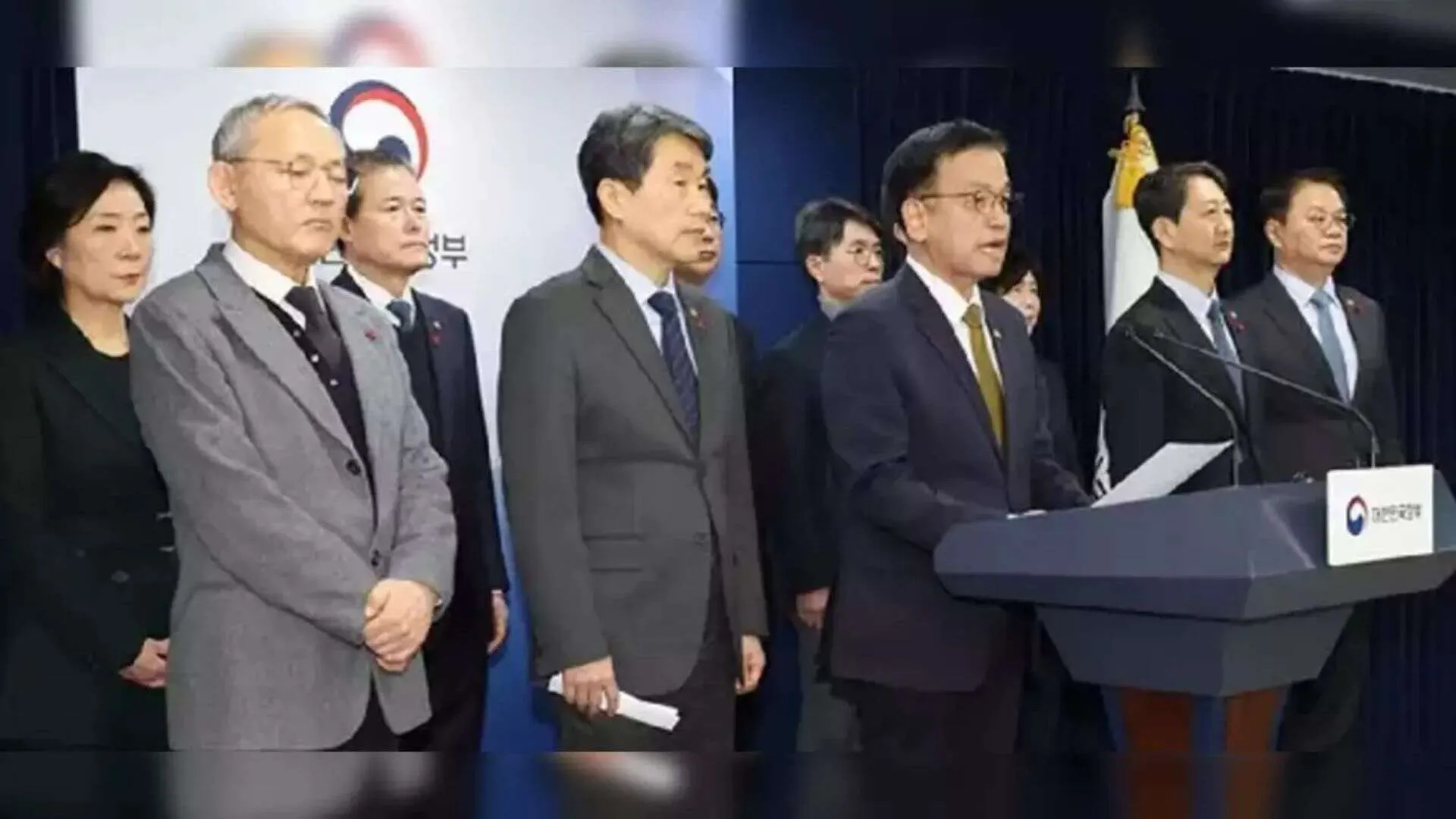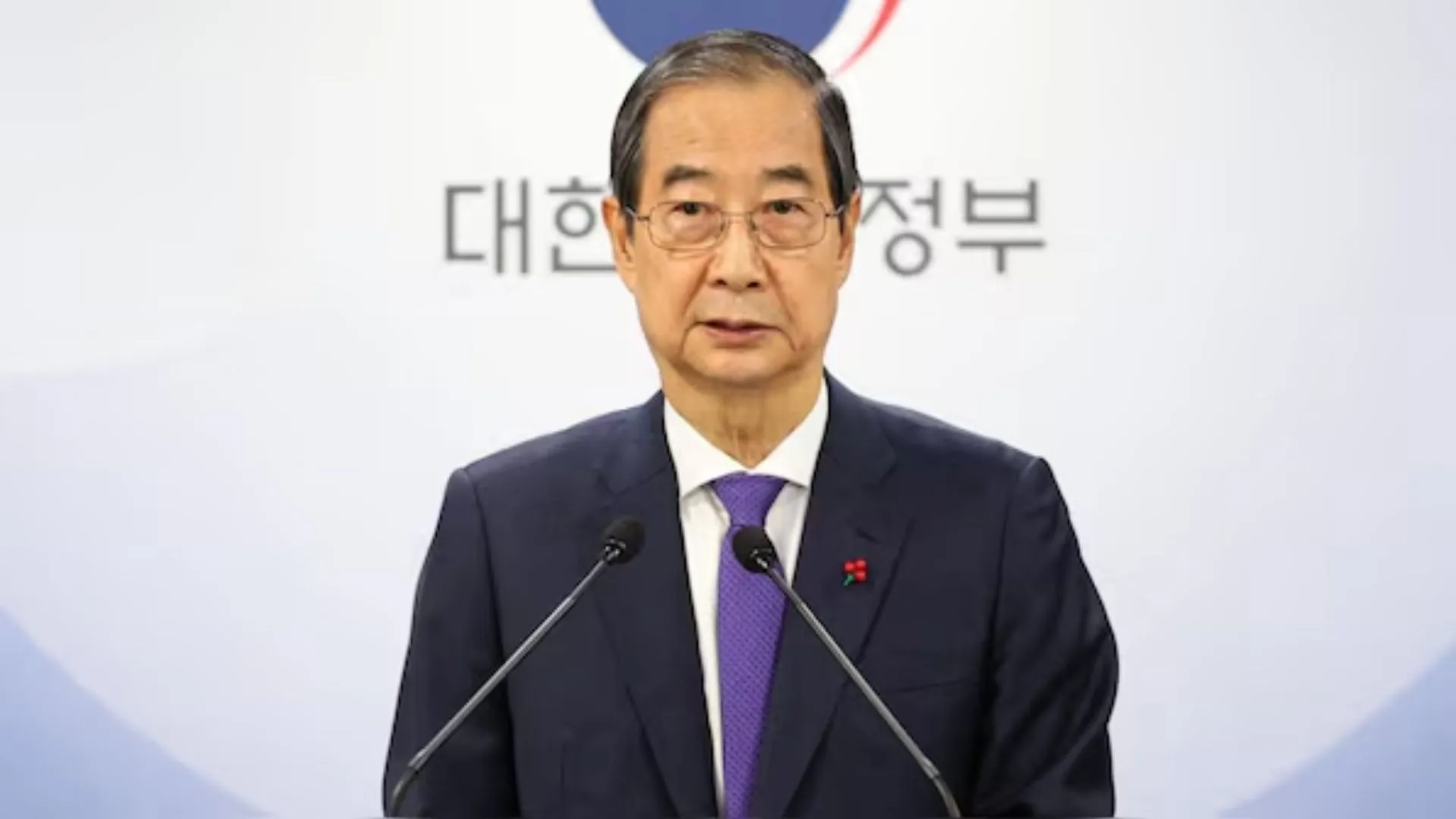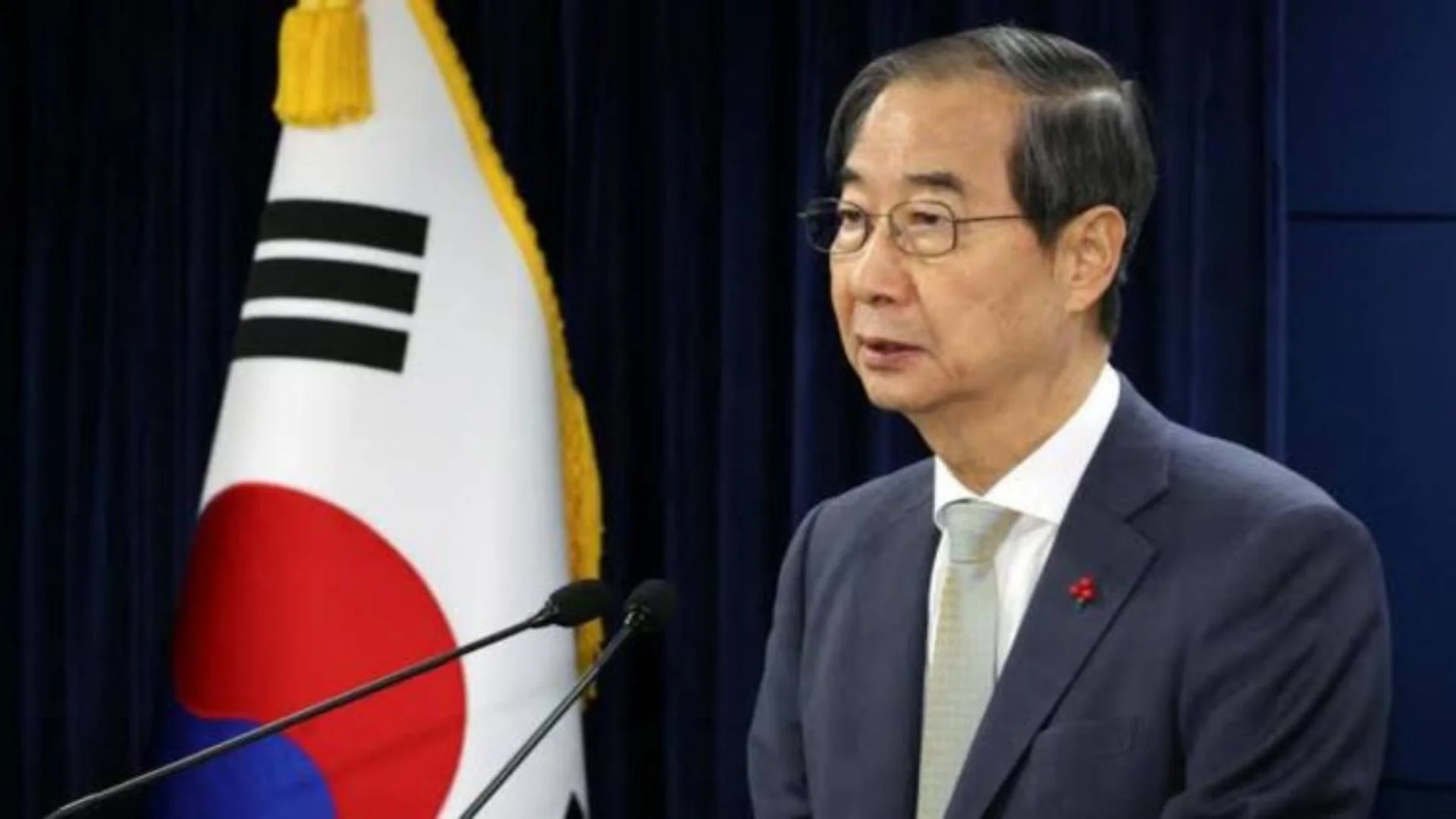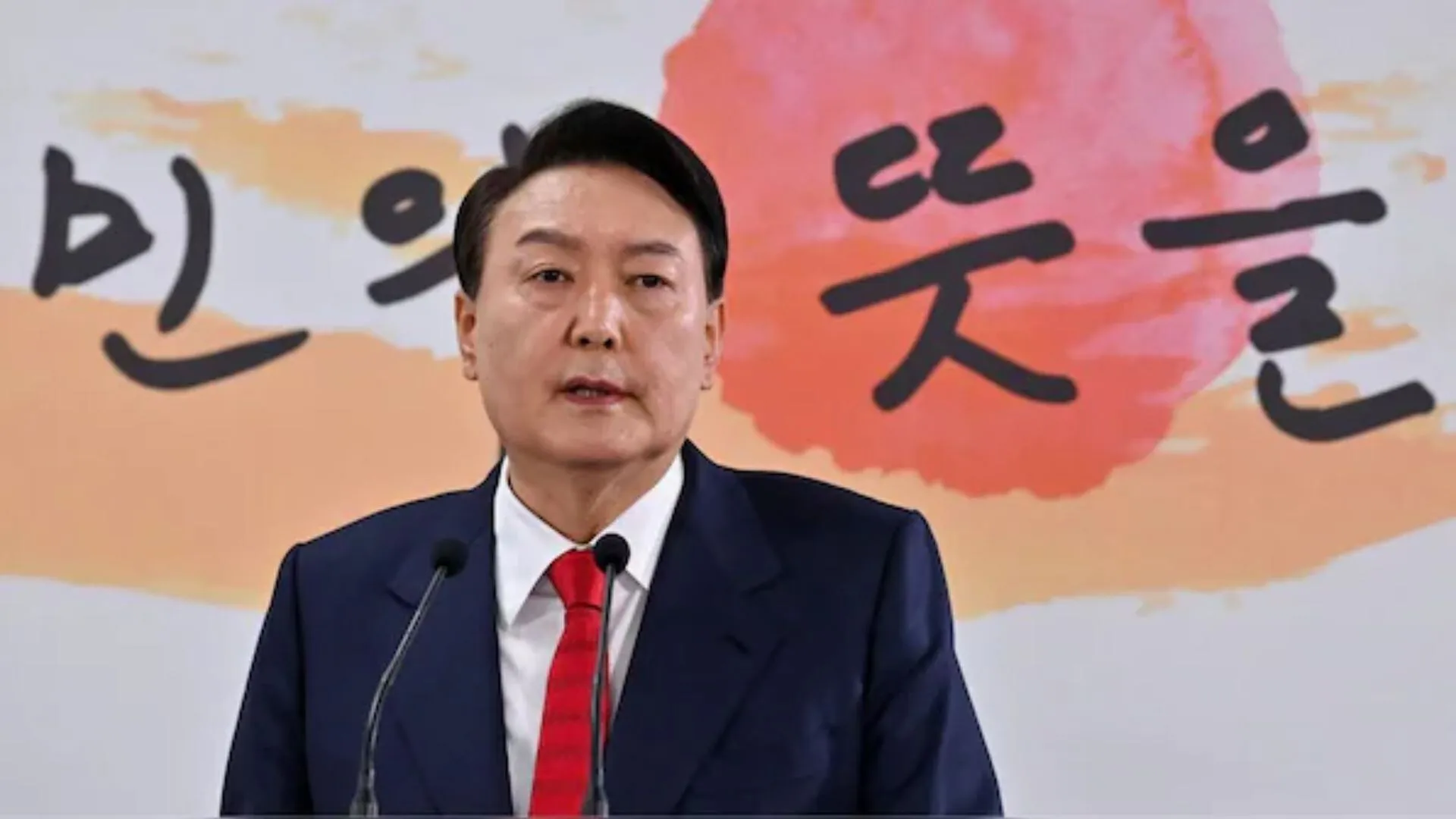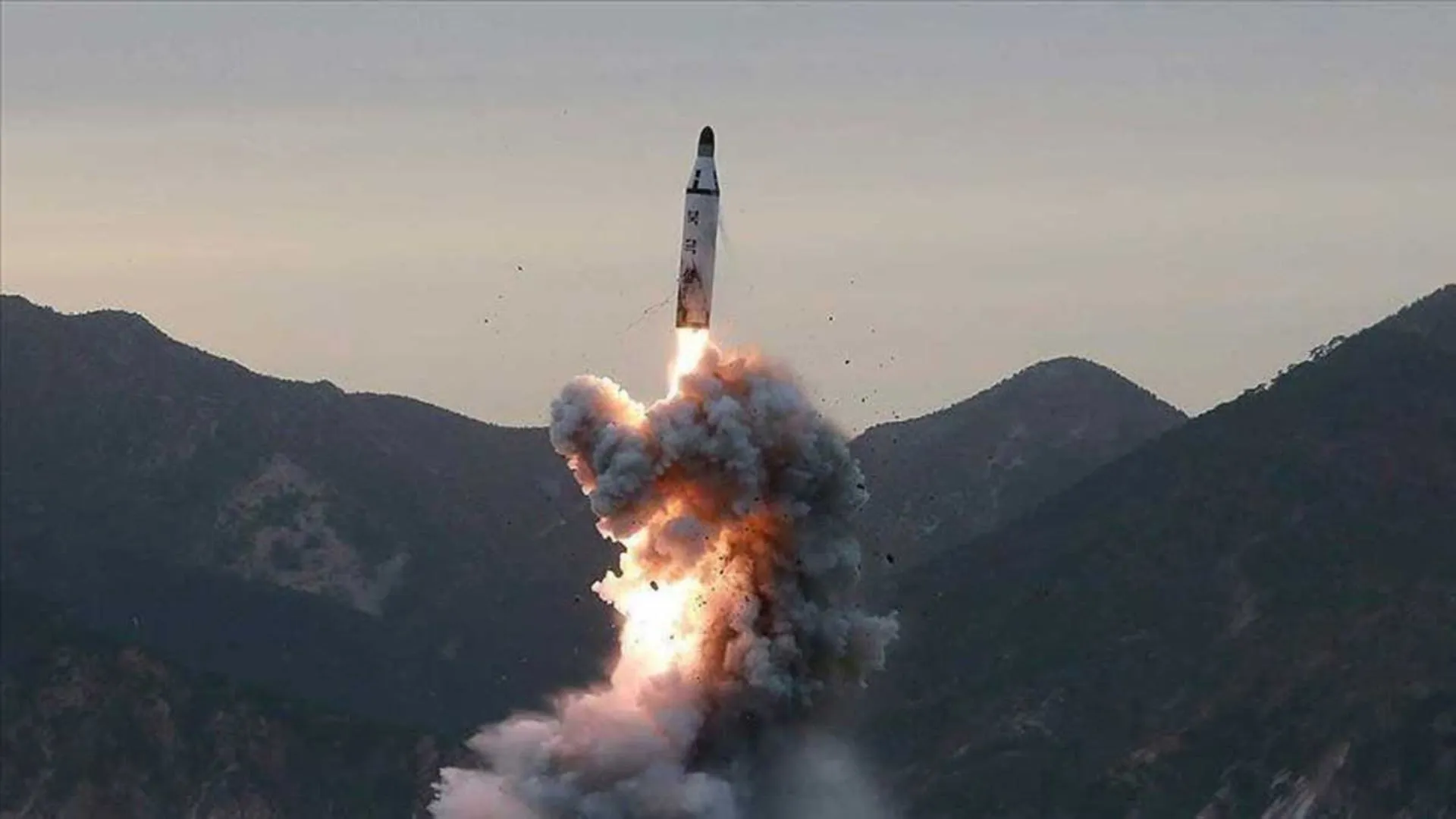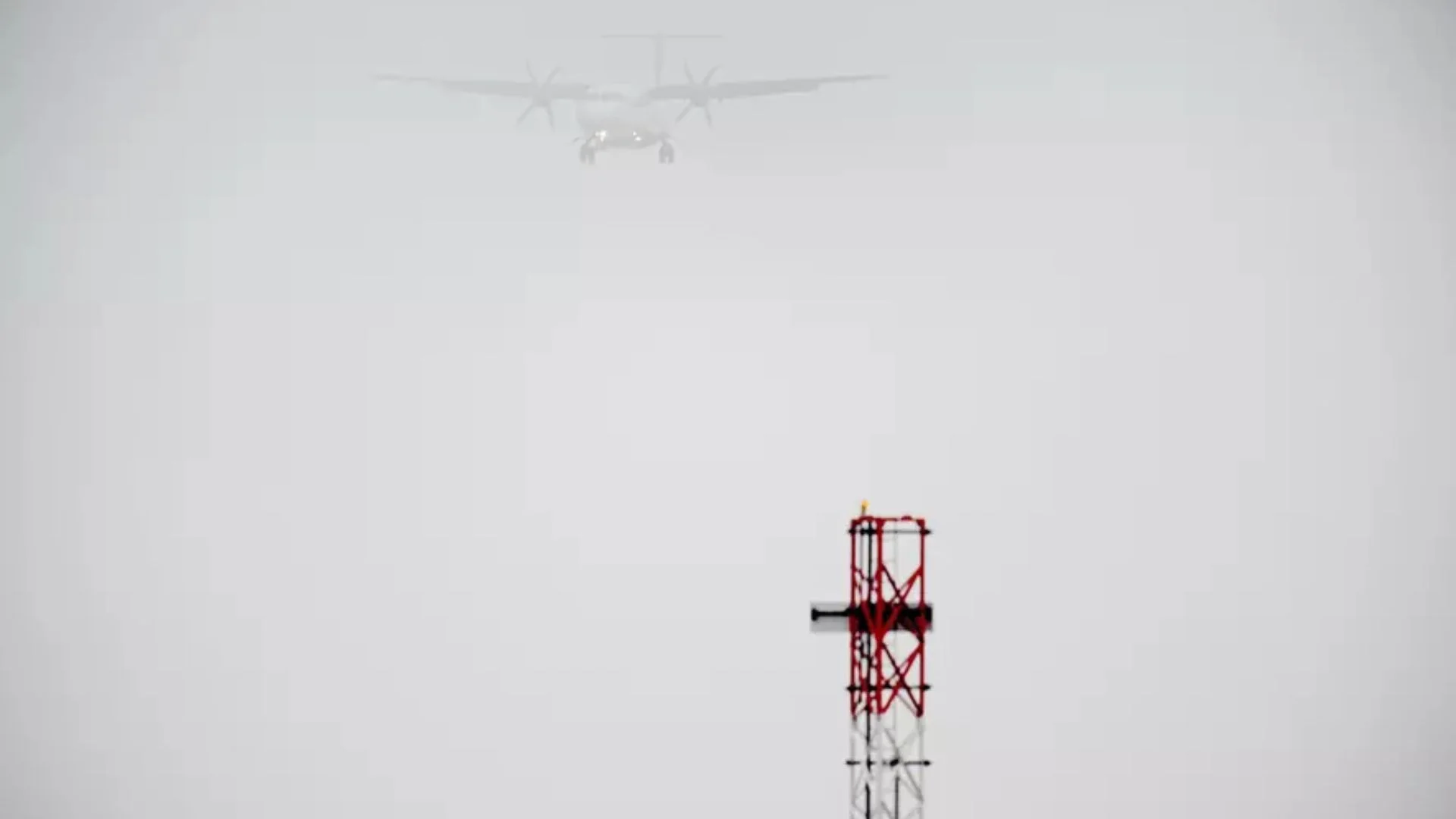India and Bangladesh have reinforced their commitment to enhancing mutual ties across various sectors. During Bangladesh Prime Minister Sheikh Hasina’s recent visit to New Delhi, both nations unveiled a broad spectrum of initiatives aimed at deepening connectivity, commerce, and collaboration.
A focal point of the discussions was the Teesta river conservation, pivotal for both countries given its shared waters. Prime Minister Narendra Modi confirmed that India will dispatch a technical team to Dhaka to commence talks on managing the Bangladeshi stretch of the Teesta. This move underscores India’s proactive stance amid concerns over a competing $1 billion project proposed by China for the river’s development.
The leaders signed a joint document titled “India-Bangladesh Shared Vision for the Future,” aligning with their respective long-term developmental strategies: India’s “Viksit Bharat 2047” and Bangladesh’s “Smart Bangladesh 2041.” This visionary roadmap aims to bolster cooperation in emerging areas such as digital partnerships, green initiatives, and space technology.
Highlighting the strides in physical connectivity, Modi pointed out achievements like restoring cross-border rail links and upcoming projects such as a new passenger train between Kolkata and Rajshahi. Economic ties were also bolstered with agreements like the establishment of an inland container depot in Sirajganj and the launch of India’s Unified Payments Interface (UPI) in Bangladesh.
Beyond infrastructure and commerce, the visit emphasized people-to-people exchanges and cultural ties. Initiatives included easing travel for medical patients from Bangladesh through e-visas, and educational opportunities such as training slots for Bangladeshi police officers.
Both leaders acknowledged the enduring friendship that forms the foundation of their strategic partnership, noting its resilience amidst global challenges. Hasina highlighted the importance of India’s support in Bangladesh’s socio-economic development, underscoring mutual progress and prosperity.
Looking ahead, Modi and Hasina affirmed their commitment to further cooperation in defense and security, including efforts on counter-terrorism and border management. They renewed multiple Memorandums of Understanding (MoUs) spanning health, disaster management, fisheries, maritime cooperation, and space technology.
The visit concluded with a strong reaffirmation of the “Neighbourhood First” policy by India, underscoring its commitment to bolstering ties with Bangladesh as a cornerstone of regional stability and prosperity.

